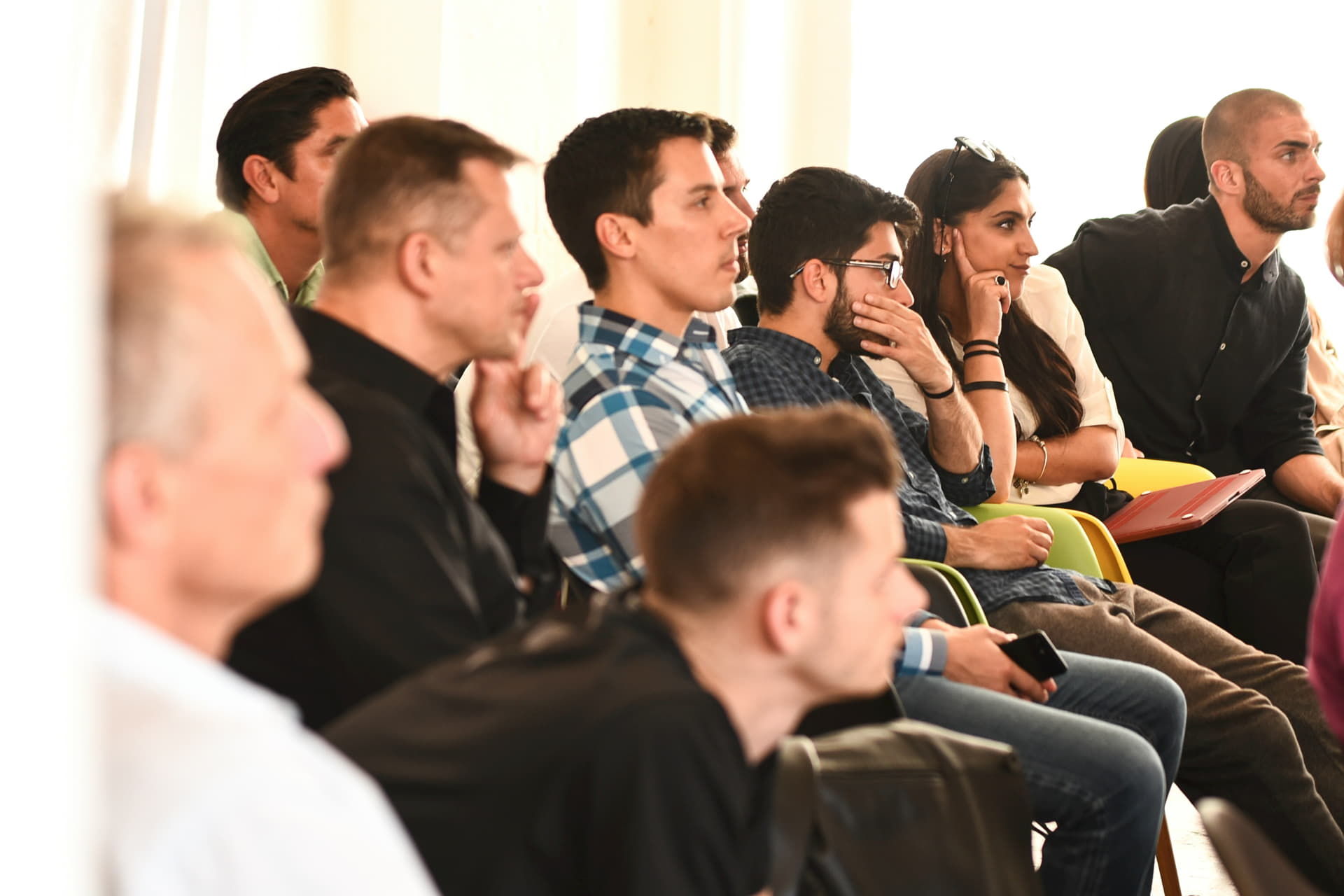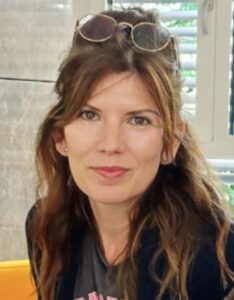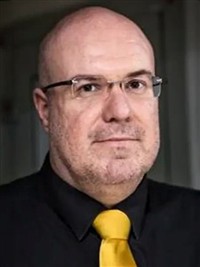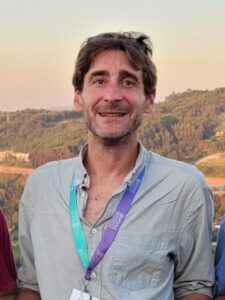The on-chip large-scale-integration of genetically programmed artificial cells capable of exhibiting collective modes is an important goal for fundamental research and technology. We reported assembly of a 2D layout of 1024 monolithic DNA compartments as artificial cells on a 5-millimeter square silicon chip. Homeostatic cell-free protein synthesis reactions driven by genetic circuits occur inside the compartments. We created a reaction-diffusion system with a 30×30 square lattice of artificial cells interconnected by thin capillaries for diffusion of products. Driving the system by a genetic oscillator revealed emergent collective modes of synchrony and propagating phase waves in 2D, with dynamics controlled by geometry. This demonstrates a class of nonequilibrium autonomous systems, where chemical energy consumed to make proteins induces 2D collective patterns of gene expression on multicellular scales, with applications in biological computing, sensing, and materials synthesis.
Short bio
Lors de sa thèse dans le laboratoire de Microfluidique (P. Tabeling, MMN, ESPCI Paris), Joshua s’est intéressé à la fabrication de matériaux photoniques désordonnés. Il a utilisé l’auto-assemblage permis par le contrôle des écoulements pour fabriquer une structure qui possède une bande interdite photonique complète. En 2018, il rejoint Roy Bar-Ziv à l’Institut Weizmann pour étudier les puces microfluidiques biologiques. Elles sont composées de compartiments à ADN où est réalisée la synthèse protéique par un système d’expression « cell-free ».
Laboratory of the speaker
Chemical and Biological Physics Department, Weizmann Institute of Science, Rehovot, Israël
Invited by
Olivier Borkowski (SyBER)




